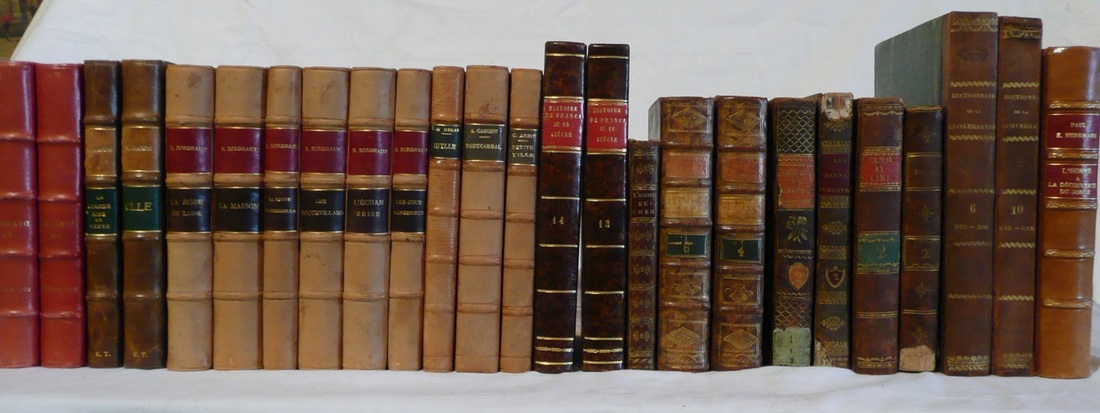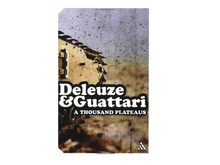Magician/Emperor - Jurist/Priest
Deleuze and Guattari's A Thousand Plateaus has an interesting section on the apparatus of capture. Referring to Dumézil's thesis on political sovereignty, the authors suggest that political sovereignty has two poles: 1. The fearsome magician-emperor who "operates by capture, bonds, knots and nets"; who is a one-eyed man using signs and symbols principally. 2. The jurist-priest-king who "proceeds by treaties, pacts and contracts"; who is a one-armed man using tools and mechanisms principally. Here we are talking about two types of hierarchy, though it's clear that the authors would think it absurd to value one above the other or to suggest that one precedes the other in any sense. However, they go on to talk about the State and the sense that any mechanism of governing or running a State in some sense anticipates this kind of authoritarian control and either flows from it or grows up as a reaction against it or its potential. For State we can also read Organization. So must heterarchical forms of governance always assume a position of opposition to hierarchy and either be imposed by the jurist-priest-CEO or emerge as a means of disabling the potential of the fearsome magician-CEO? |
Explore |


